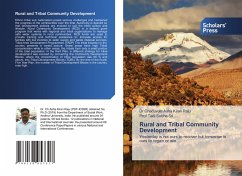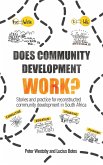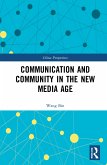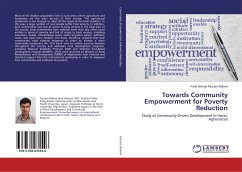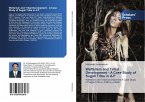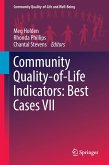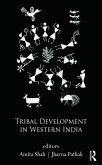Ethnic tribal sub nationalism posed serious challenges and hampered the progress of the communities over the time. Autonomy is desired so that development policies are evolved to suit the tribal culture and lifestyle. Rural Community Development (RCD) is a federal grant program that works with regional and tribal organizations to manage safe water systems in rural communities. RCD funds are used to provide training and technical assistance to: Increase access for families with low incomes to water supply and waste disposal services; Tribal Area Development Programmes (TADP) The tribal situation in the country presents a varied picture. Some areas have high Tribal concentration while in other areas, the tribals form only a small portion of the total population. In the third Plan, a different strategy for tribal development was evolved by converting the Community Development Blocks, where the concentration of tribal population was 66 % and above, into Tribal Development Blocks (TDBs). By the end of the fourth Five Year Plan, the number of Tribal Development Blocks in the country rose high.
Bitte wählen Sie Ihr Anliegen aus.
Rechnungen
Retourenschein anfordern
Bestellstatus
Storno

